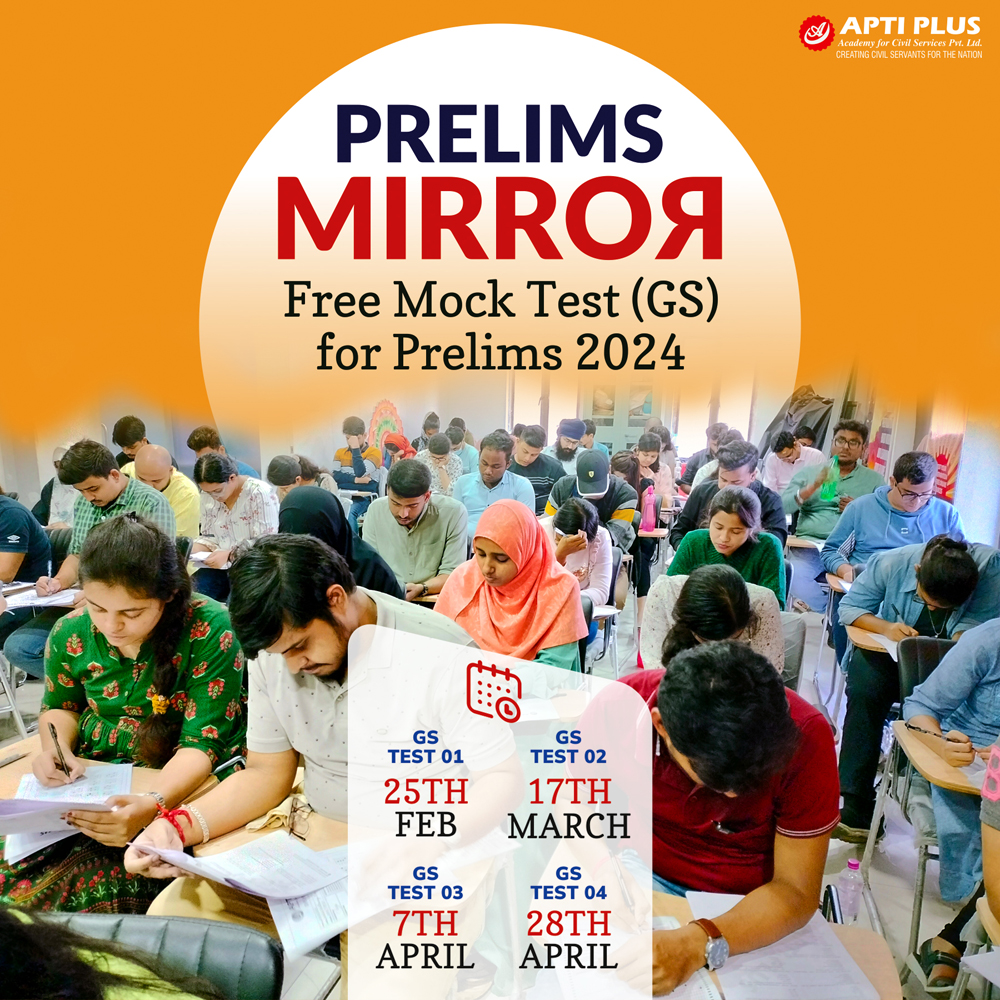
Disclaimer: Copyright infringement not intended.
Context
The recent changes made by the Ministry of Information & Broadcasting to the National Film Awards signal a shift in the recognition and categorization of awards, as well as a revision of prize money.
Details
- Renaming of Awards:
- The 'Indira Gandhi Award for Best Debut Film of a director' will now be known simply as 'Best Debut Film of a Director'.
- The 'Nargis Dutt Award for Best Feature Film on National Integration' has been renamed as the 'Best Feature Film Promoting National, Social, and Environmental Values'.
- Prize Money Revision:
- The prize money for the prestigious Dadasaheb Phalke Award has been increased from Rs 10 lakh to Rs 15 lakh.
- Prize money for Swarn Kamal and Rajat Kamal awards has been raised to Rs 3 lakh and Rs 2 lakh respectively, compared to earlier cash prizes ranging between Rs 50,000 and Rs 2 lakh.
- New Categories:
- Awards for 'Best Animation Film' and 'Best Special Effects' have been merged into a new category called 'Best AVGC (Animation, Visual Effects, Gaming, and Comics) Film', with two further sub-categories.
- In the non-feature film category, certain segments have been discontinued while others have been merged. Additionally, a new category for the best script has been introduced.
- Changes in Language Categories:
- The award for 'Best Feature Film' in each language specified in the Schedule VIII of the Constitution has been renamed as 'Best (name of the language) Feature Film'.
- Similar changes have been made to the 'Feature Film' category in languages not specified in Schedule VIII of the Constitution.
- Committee Recommendations:
- These changes were implemented based on the recommendations of a committee set up by the Ministry of Information & Broadcasting.
- The committee, headed by Neerja Sekhar, Additional Secretary in the Information & Broadcasting Ministry, included prominent figures from the film industry such as filmmakers Priyadarshan and Vipul Amrutlal Shah, Central Board of Film Certification chief Prasoon Joshi, and I&B joint secretary (films) Prithul Kumar.

About the awards
- The National Film Awards is indeed the most prominent film award ceremony in India.
- Established in 1954, it has been administered, along with the International Film Festival of India and the Indian Panorama, by the Indian government's Directorate of Film Festivals since 1973.
Selection Process:
- Every year, a national panel appointed by the government selects the winning entry.
- The award ceremony is held in New Delhi, where the President of India presents the awards.
- This is followed by the inauguration of the National Film Festival, where award-winning films are screened for the public.
- Films produced in the previous year across the country are eligible for consideration.
Categories:
- The National Film Awards are presented in two main categories: Feature Films and Non-Feature Films.
- They are further divided into sections such as Best Feature Film, Best Actor, Best Actress, Best Director, Best Writing on Cinema, and a lifetime achievement award named after Dadasaheb Phalke.
- The awards aim at encouraging the production of films of aesthetic and technical excellence, social relevance, and promoting unity and integrity of the nation through cinematic expression.
Juries and Rules:
- Juries are appointed by the Directorate of Film Festivals, and neither the Government nor the Directorate has influence over the selection process.
- There are strict criteria for eligibility, including a requirement for the filmmakers, particularly the director, to be Indian nationals.
- Films should be certified by the Central Board of Film Certification between 1 January and 31 December of the previous year to be considered.
Awards and Recognition:
- Award winners receive a Medallion, a cash prize, and a certificate of merit.
- Six categories from the Feature Films section, two from the Non-Feature Films section, and Best Writing on Cinema section are eligible for the Swarna Kamal (Golden Lotus Award), while the rest receive the Rajat Kamal (Silver Lotus Award).
- The Dadasaheb Phalke Award is the highest honor, given for outstanding contribution to the growth and development of Indian Cinema.
69th National Film Awards
The 69th National Film Awards ceremony took place at Vigyan Bhawan in New Delhi, where awards were presented to exemplary contributors to Indian cinema. Here is the complete list of winners:
Best Actor: Allu Arjun for "Pushpa"
Best Feature Film: "Rocketry"
Best Supporting Actor: Pankaj Tripathi for "Mimi"
Best Supporting Actress: Pallavi Joshi for "The Kashmir Files"
Best Director: Nikhil Mahajan for "Godavari"
Best Popular Film Providing Wholesome Entertainment: "RRR"
Nargis Dutt Award for Best Film on National Integration: "The Kashmir Files"
Best Child Artist: Bhavin Rabari for "Chhello Show"
Best Screenplay (Original): Shahi Kabir for "Nayattu"
Best Screenplay (Adapted): Sanjay Leela Bhansali & Utkarshini Vashishtha for "Gangubai Kathiawadi"
Best Dialogue Writer: Utkarshini Vashishtha & Prakash Kapadia for "Gangubai Kathiawadi"
Best Music Director (Songs): Devi Sri Prasad for "Pushpa"
Best Music Direction (Background Music): MM Keeravaani for "RRR"
Best Male Playback Singer: Kaala Bhairava for "RRR"
Best Female Playback Singer: Shreya Ghoshal for "Iravin Nizhal"
Best Lyrics: Chandrabose for "Konda Polam’s Dham Dham Dham"
Best Hindi Film: "Sardar Udham"
Best Kannada Film: "777 Charlie"
Best Malayalam Film: "Home"
Best Gujarati Film: "Chhello Show"
Best Tamil Film: "Kadaisi Vivasayi"
Best Telugu Film: "Uppena"
Best Maithili Film: "Samanantar"
Best Mishing Film: "Boomba Ride"
Best Marathi Film: "Ekda Kaay Zala"
Best Bengali Film: "Kalkokkho"
Best Assamese Film: "Anur"
Best Meiteilon Film: "Eikhoigi Yum"
Best Odia Film: "Pratikshya"
Indira Gandhi Award for Best Debut Film of a Director: "Meppadiyan" directed by Vishnu Mohan
Best Film on Social Issues: "Anunaad – The Resonance"

Conclusion
These changes reflect an effort to modernize and streamline the National Film Awards, aligning them with contemporary trends in filmmaking and societal values, while also ensuring the awards maintain their prestige and relevance in the Indian film industry.
|
PRACTICE QUESTION
Q. The National Film Awards play a crucial role in recognizing and promoting excellence in Indian cinema, encompassing a wide range of categories and genres, and honoring the diverse talents and contributions within the industry. Discuss. (250 words)
|
















